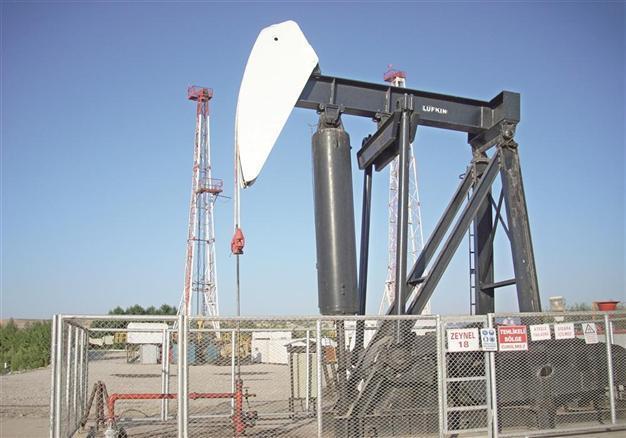Turkish gov’t liberalizes oil sector despite opposition outcry
ANKARA

The government says the new law would liberalize the sector significantly, but opposition voices say it would leave the state-run Turkish Petroleum Company (TPAO) in a weaker position. Hürriyet photo
The Turkish Parliament will start to debate a controversial draft of Turkey’s new petroleum law next week. The government says the new law would liberalize the sector significantly, but opposition voices say it would leave the state-run Turkish Petroleum Company (TPAO) in a weaker position.“The new draft law on petroleum affairs does not leave TPAO a weaker organization. In contrast it could get many more licenses for oil and gas exploration and drilling,” Selami İncedalcı, general manager of General Directorate of Petroleum Affairs, to which the draft law gives many administrative and technical supervision responsibilities, said to HDN.
According to the existing law, TPAO may acquire more licenses in each region provided that the total number of licenses does not exceed ten times the number of petroleum regions. However, the limitation on the number of licensees per region has been completely removed in the draft law. Further, TPAO no longer has any special privileges over other exploration companies.
“The new draft extends the exploration powers of TPAO. Under the existing law, TPAO could have 180 licenses at most. Now this limitation will be removed. TPAO could have hundreds of licenses if it wants,” İncedalcı said.
Opposition groups say the new draft makes TPAO a weaker organization. “TPAO will compete in the future tenders, like other companies, and lose its privileges as a state-run company if the draft is accepted. TPAO had already lost its refinery and station networks due to the privatizations in previous years and could now only fulfill exploration and operating activities. This will most probably make it much less competitive abroad,” a sector representative said.
No doubt that the petroleum law, adopted in 1954, is outdated, sector representatives agree. The law had to be revised a couple of times. The Turkish government appears to need foreign funds to finance its exploration and drilling activities.
The new petroleum law draft’s primary concern is to make the sector more competitive and more liberalized, Turkish Energy Minister Taner Yıldız said previously.
















